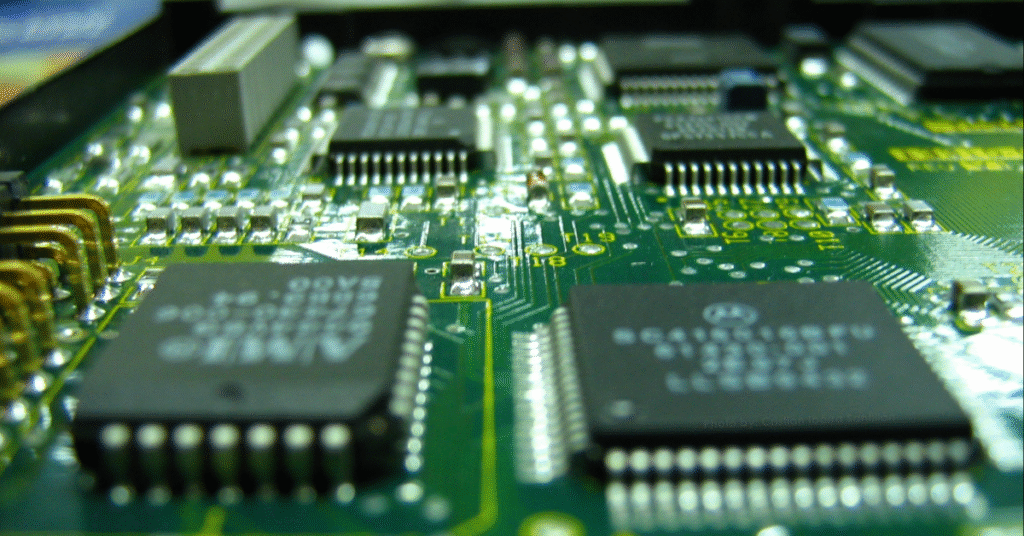Mumbai, July, 2025 — In a major step towards technology self-reliance, Tata Electronics has entered into a strategic MoU with Robert Bosch GmbH to collaborate on semiconductor packaging, chip assembly, and automotive electronics manufacturing in India.
Building Capacity Across Assam and Gujarat
The partnership will focus on Tata Electronics’ two marquee facilities: the chip assembly and test plant in Assam (TSAT) and the upcoming AI-enabled semiconductor fabrication facility in Dholera, Gujarat, which is part of a broader ₹91,000 crore investment.
Why Bosch Matters
With Bosch acting as a global anchor partner, the tie-up strengthens India’s semiconductor supply chain. The collaboration spans chip packaging (OSAT) and automotive electronics through EMS (Electronic Manufacturing Services) addressing rising domestic demand in EVs, defense, and telecom hardware.
Anchoring Innovation with Global Expertise
As part of its deep-tech ecosystem expansion, Tata Electronics has already forged technology transfer partnerships with Powerchip Semiconductor Manufacturing Corporation (PSMC) of Taiwan, and equipment infrastructure alliances with Tokyo Electron Limited (TEL) and ASMPT Singapore. These collaborations will bring world class automation, tooling, and training to India’s first dedicated semiconductor ecosystem.
Strategic Impact & Job Creation
The Dholera fab targets a capacity of 50,000 wafers per month, with plans to manufacture chips for power ICs, MCUs, display drivers, and high‑performance compute logic. The Assam OSAT unit is expected to produce 48 million chips per day, creating over 20,000 skilled jobs and spurring broader industrial growth in North‑East India.
What It Signals
This partnership comes at a time when India is racing to cut import dependency and build resilience in critical tech infrastructure. Tata’s collaboration with Bosch reinforces the building blocks of a homegrown chip ecosystem, offering hope for hardware sovereignty and long-term leadership.

